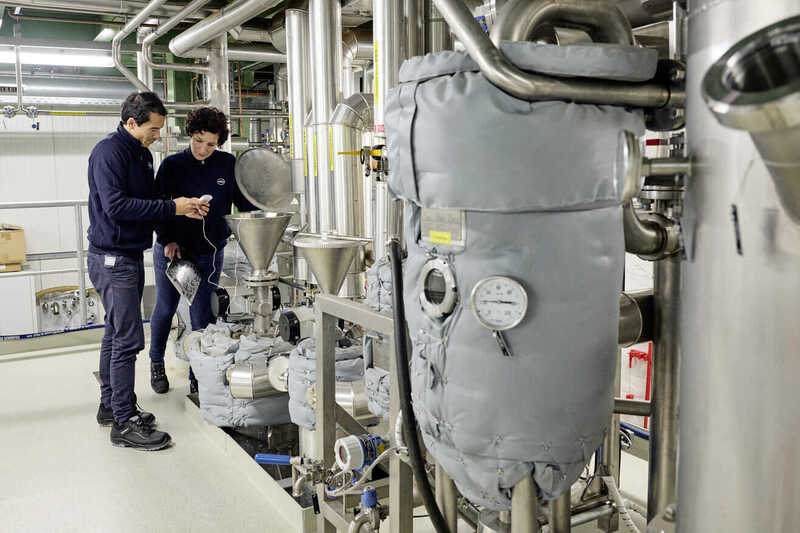New food enzyme reduces acrylamide in instant coffee and ready to drink coffee beverages

c-LEcta and Anka have developed a new food enzyme to reduce acrylamide in instant coffee and ready to drink coffee beverages.
Acrylerase is patented technology and is the first to target acrylamide directly, and offers significant benefits over existing mitigation measures, both parties said.
As acrylamide is considered carcinogenic, limitation and mitigation of this process contaminant in food is a priority in regulatory acts worldwide. Typically, acrylamide is formed when starchy food materials are exposed to high heat, such as during roasting and extraction to produce soluble coffee, coffee concentrates as well as cereal- or chicory-based coffee surrogates.
c-LEcta and Anka said the process of highly efficient acrylamide reduction is by direct decomposition.
Acrylerase is the first commercially available enzyme for direct decomposition of acrylamide, enabling effective on-site control of acrylamide levels during the processing of soluble coffee and coffee extracts. It is a flexible and simple drop-in solution that can be easily integrated into existing manufacturing processes.
Acrylerase can help with regulatory compliance without the need for other costly mitigation measures. All this makes Acrylerase a game-changing application in the manufacturing of soluble coffee and coffee extracts.
In introducing Acrylerase to the market, an enthusiastic Dr Marc Struhalla, CEO of c-LEcta, said the enzyme product offers a practical solution for soluble coffee manufacturers.
“Acrylerase can efficiently reduce acrylamide levels without compromising taste or disrupting production processes,” Struhall said.
“We are excited to launch Acrylerase together with c-LEcta,” added Jan Schwital, managing director of Anka, a coffee technology company. “We believe simplicity and efficiency are key to any successful industrial application. Acrylerase provides just that for controlling acrylamide in instant coffee and coffee extracts.”
The development comes at a time when consumers are becoming more aware of the potential risk of acrylamide in food. In some countries such as South Korea and in the EU, directives and regulations are already in force to mitigate acrylamide and limit consumer exposure, ie, by introducing benchmark levels and monitoring acrylamide levels in various product categories, including soluble coffee. In addition, the introduction of fixed maximum limits is currently under discussion by the European Commission.
“Acrylerase not only offers soluble coffee manufacturers a much simpler and more flexible way to comply with acrylamide regulations than was previously possible, but also enables usage of coffee volumes that may otherwise be rejected due to high acrylamide formation.”, remarked Oliver Süße-Herrmann, managing director of Anka.
Related content
Source: foodanddrinktechnology.com

